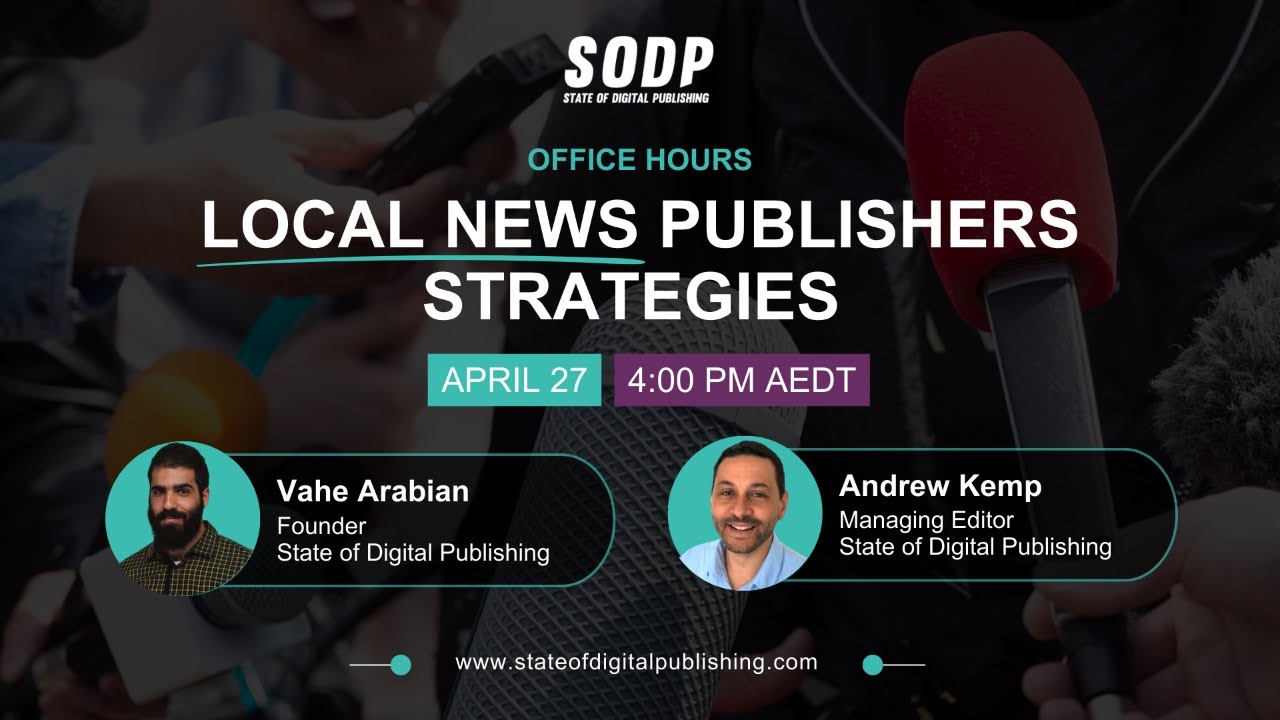What’s happening:
Many journalists today are worried about what Artificial Intelligence (AI) means for their job security. With computers generating a vast array of content now — from weather and stock exchange activity to sports and corporate performance — AI can often produce more rigorous, comprehensive stories than human reporters. Software can instantaneously source data from multiple sources, recognise patterns, and construct complex written stories that even capture emotion.
Yet, rather than fearing that AI will leave them without a job, journalists should embrace it as a saviour of the media trade, says the Open Society Foundation (OSF). Intelligent machines can work together with human journalists, enabling them to better cover the increasingly complex, information-rich world and turbo-power their creativity, reporting, and ability to engage their audiences.
Benefits of AI to media:
OSF says that AI can work with human journalists to increase the quality of media coverage in a variety of ways:
- Following predictable data patterns and programmed to “learn” variations in these patterns over time, AI algorithms can help reporters arrange, sort, and produce content at speeds never thought possible.
- AI can systematise data to find a missing link in an investigative story.
- AI can identify trends and spot the outlier among millions of data points, enabling journalists to uncover the beginnings of a great scoop.
- AI can analyse huge amounts of data to aid timely investigations, and can also help source and fact-check stories.
- AI algorithms can also help journalists make rough cuts of videos, recognise voice patterns, identify a face in the crowd, and chat with readers.
Limitations of AI
As OSF says, even with all of this technology that AI offers, it still has limitations that require human interaction. The entire process cannot happen without a human journalist who can interpret and ask relevant questions about the data. Collaboration is the answer, with plenty of learning from both sides and some unavoidable trial and error.
The use of AI technology can be a major benefit to journalists around the world, who often don’t have access to such data and programming. Small newsrooms and freelancers can make up for this lack of resources by teaming up with software developers and taking advantage of the many open-source search and analytics tools available.
Ethical challenges
In this collaboration between technology and journalism, however, some ethical considerations arise. Algorithms can lie or be misleading, because they don’t exist in a vacuum — they have been programmed by humans, who may have imparted their own biases and logic patterns into the system. Journalists still need to use old-fashioned source-verification and fact-checking work with AI findings, just as with anything else. The Guardian, for example, proposed a new clause in the newspaper’s code of ethics addressing the use of AI.
Transparency is another ethical issue. This basic tenet of journalism is often at odds with AI, which usually works behind the scenes, says Nausicaa Renner, digital editor of the Columbia Journalism Review. The media needs to be transparent about disclosing what personal data it is collecting, and be careful of catering so stringently to each reader’s own personal taste, as revealed by the data, that they miss reporting on important public issues.
The bottom line:
AI can enable journalism as never before, but it also brings new challenges for learning and accountability. Rather than fearing AI, journalists can use the technology to improve their reporting; yet, they must be transparent about how they are using algorithms to find patterns or process evidence for a story. And, healthy journalism shouldn’t rely on the data provided by AI, but continue to tell the stories that aren’t uncovered by technology and data.
Content from our partners
“Without ethics, intelligent technology could herald journalism’s demise,” wrote Maria Teresa Ronderos, director of the Program on Independent Journalism. “Without clear purposes, transparent processes and the public interest as a compass, journalism will lose the credibility of people, no matter how many charts, bots and whistles you adorn it with.”












